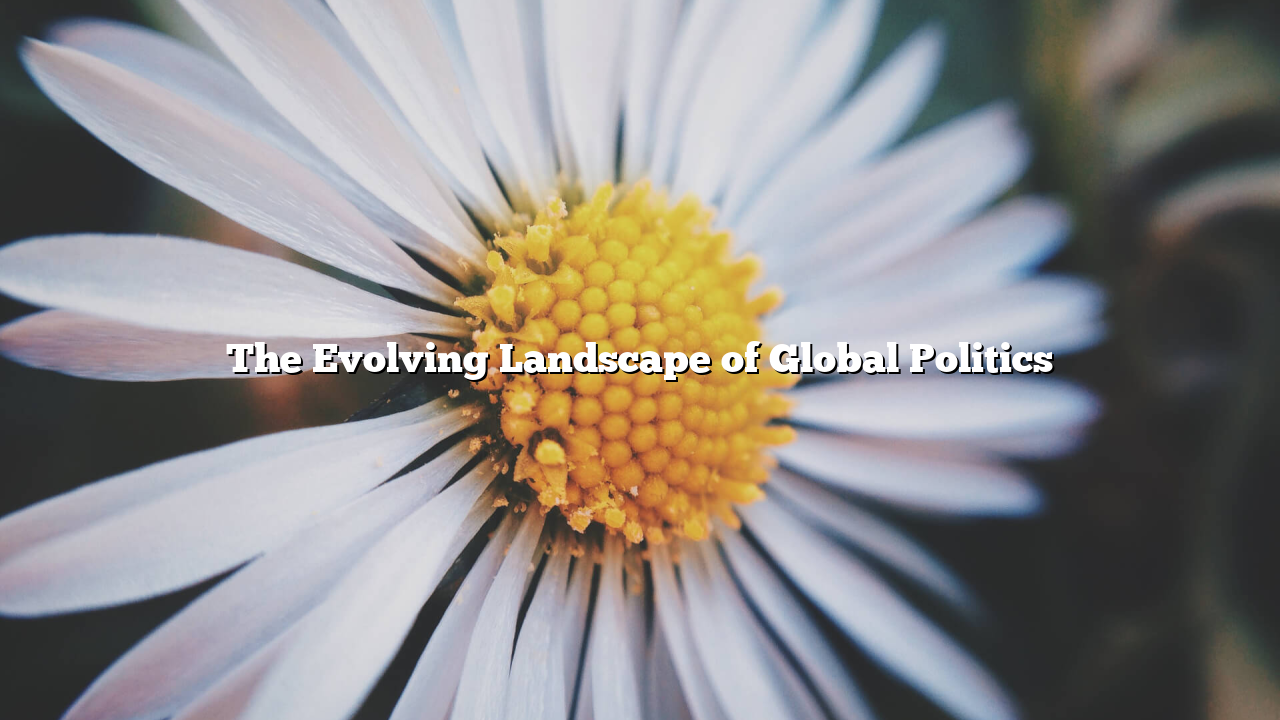Politics, at its core, is the practice of governance and the exercise of power. Over the years, the political landscape globally has undergone significant transformations due to shifts in ideology, technology, and international relations. Today, the world is witnessing a new chapter in political history—one marked by polarization, populism, digital influence, and a growing call for transparency and accountability.
One of the most striking developments in modern politics is the rise of populism. Populist leaders often claim to represent the “will of the people” against what they describe as a corrupt elite. While populism can empower previously marginalized voices, it can also lead to oversimplified solutions to complex problems. In many countries, populist rhetoric has contributed to increased nationalism, skepticism toward international cooperation, and in some cases, the erosion of democratic institutions.
Technology has also become a powerful tool in shaping political opinions. Social media platforms now serve as arenas for political debate, mobilization, and activism. While these platforms can democratize information and provide space for alternative voices, they also present ugbet88 risks. Disinformation, echo chambers, and algorithm-driven polarization have challenged the integrity of political discourse. Governments and citizens alike must grapple with how to balance freedom of expression with the need to protect democratic processes.
International politics has shifted from traditional power blocs to a more multipolar world. The decline of unipolar dominance, particularly after the Cold War, has given rise to emerging powers like China, India, and Brazil. These nations are asserting greater influence in global decision-making, particularly in organizations such as the United Nations, G20, and BRICS. This shift has led to both opportunities for cooperation and tensions, especially in areas like trade, climate policy, and security.
Another key trend is the public’s growing demand for transparency and accountability. In many democracies, voters are more engaged and informed than ever before. Movements demanding justice, environmental protection, and equitable economic policies have gained momentum. Citizens now expect their leaders to not only perform effectively but also act with integrity. This increased awareness has led to a rise in investigative journalism, watchdog organizations, and digital tools for civic engagement.
Despite these developments, many challenges remain. Corruption, voter suppression, authoritarianism, and political violence continue to plague various regions. In fragile democracies, the lack of strong institutions and rule of law undermines public trust. Moreover, global issues such as climate change, migration, and pandemics require multilateral cooperation—yet political divisions often hinder collective action.
In conclusion, politics today is more dynamic and complex than ever before. While advancements in technology and rising civic engagement offer hope, they are accompanied by significant risks and uncertainties. The future of global politics will depend on how societies adapt to change, safeguard democratic values, and build inclusive systems that serve all citizens—not just a privileged few.
